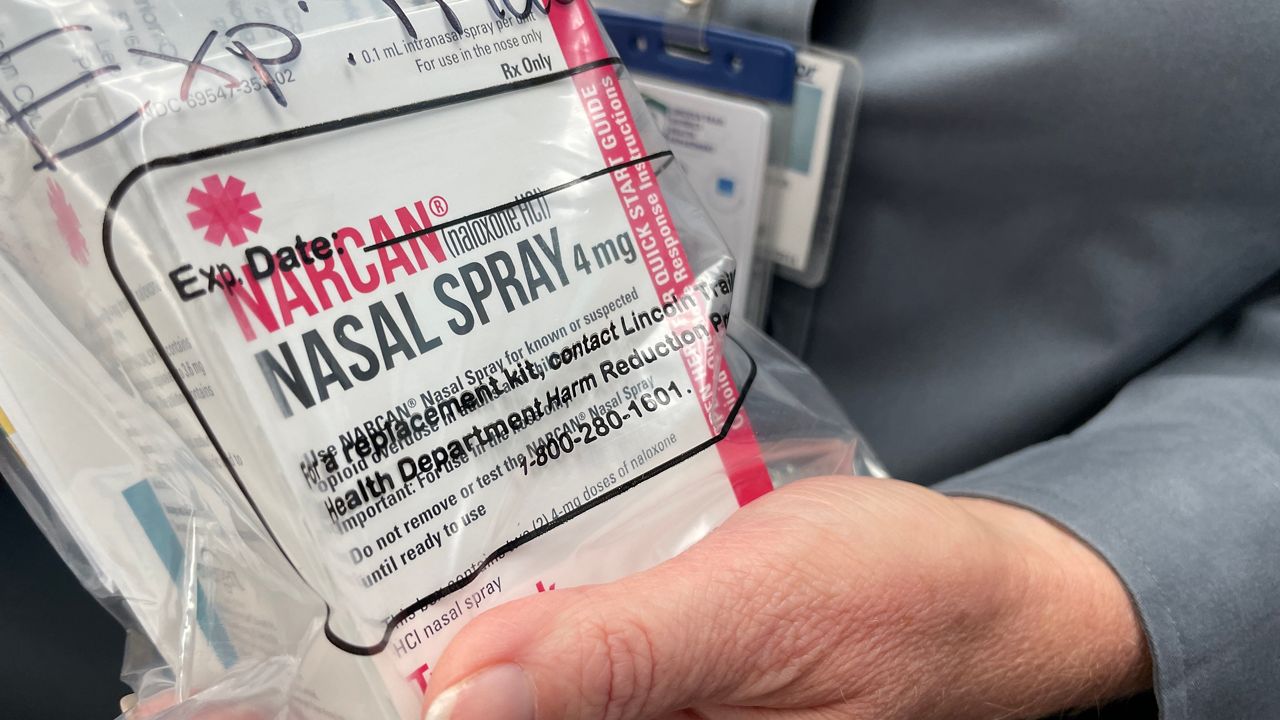Gordon Smith’s office gets calls every day from people struggling to find help with substance use disorder.
As the state’s director of opioid response, he hears from mothers and fathers who have lost a family member to an overdose. And he hears from those who try to get help, but can’t find it.
“An individual was taken to the emergency department and after five hours was literally told we will get to you after we take care of the people who are sick,” Smith said Wednesday. “We need to do better.”
Smith’s comments came during a discussion among members of the Committee to Study Court-ordered Treatment for Substance Use Disorder, which will forward five recommendations to the full Legislature to consider when it reconvenes in January.
Chief among them is that the Legislature needs to provide more money — the committee didn’t specify an amount — to battle substance use disorder and improve access to treatment services.
The committee is meeting at a time when the state is seeing increasing numbers of overdose deaths, with a record-setting 631 last year.
The committee also emphasized the need to address alcohol use disorder, calling on all healthcare providers in the state to step up to help those who are struggling with addiction. Last year, 667 Mainers died due to alcohol-related causes, according to the committee’s draft report.
“If you consistently don’t fund adequate mental health and substance use disorder services what you will get is the boat we’re sitting in now,” Rep. Colleen Madigan (D-Waterville) said. “There’s a lot of alcohol deaths, there’s a lot of overdose deaths, there’s a lot of folks living down by the river that have co-occurring disorders.”
Madigan said because people aren’t getting the services they need, they are getting sicker and need more intensive intervention once they finally get help.
“People shouldn’t spend their life in misery because of this and families shouldn’t be broken because of this,” she said.
One of the recommendations is to find ways to reduce the stigma associated with substance use disorder. It’s an issue at all healthcare facilities, including emergency rooms and primary care physician offices, said Malory Shaughnessy, executive director of the Alliance for Addiction and Mental Health Services of Maine.
“Part of the destigmatizing substance use disorder is acknowledging that it is everywhere in our communities,” she said. “Many times people go to their regular providers and the issue doesn’t come up because people don’t want to talk about it.”
Statistics show the COVID-19 pandemic contributed to an increase in alcohol-related deaths nationally and in Maine. One national study cited a 25% increase in alcohol-related deaths between 2019 and 2020. In Maine, deaths due to alcohol increased more than 27% in the same period.
When it comes to funding to address the opioid crisis, the state will have about $130 million over the next 18 years, thanks to settlements with one opioid manufacturer and three distributors, according to the committee report.
Smith described “the enormous effort that this is going to take to turn this around” and said the broader picture to address opioid addiction includes prevention, recovery and keeping people alive with harm reduction efforts.
“Now with the pandemic somewhat in a different mode, at least if not completely out of the woods, we’re now left with some of the residual effects of which this is a part,” he said.



